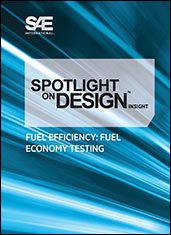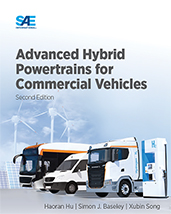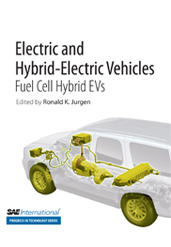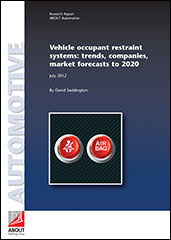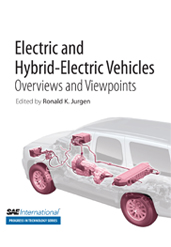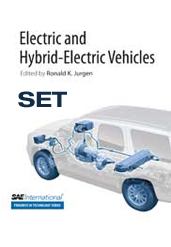Book
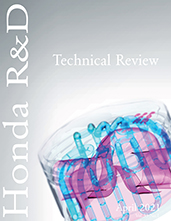
Honda R&D Technical Review April 2021
2021-04-01
Honda R&D Technical Review is a periodical containing research papers related to Honda R&D Center activities worldwide that cover automobile, motorcycle, power products, aircraft engine, and other fundamental technologies. Honda Motor offers a book for the April 2021 issue with 104 pages containing 12 papers focusing on the following latest topics: Technology for Prediction of Contactor Noise for Electric-powered Vehicle Batteries Reduction of Internal Resistance in High Capacity Lithium-ion Batteries with 3D Lattice-structured Electrode Predictive Technique for Seat Belt Submarining Injury by Triaxial Iliac Load Cell

